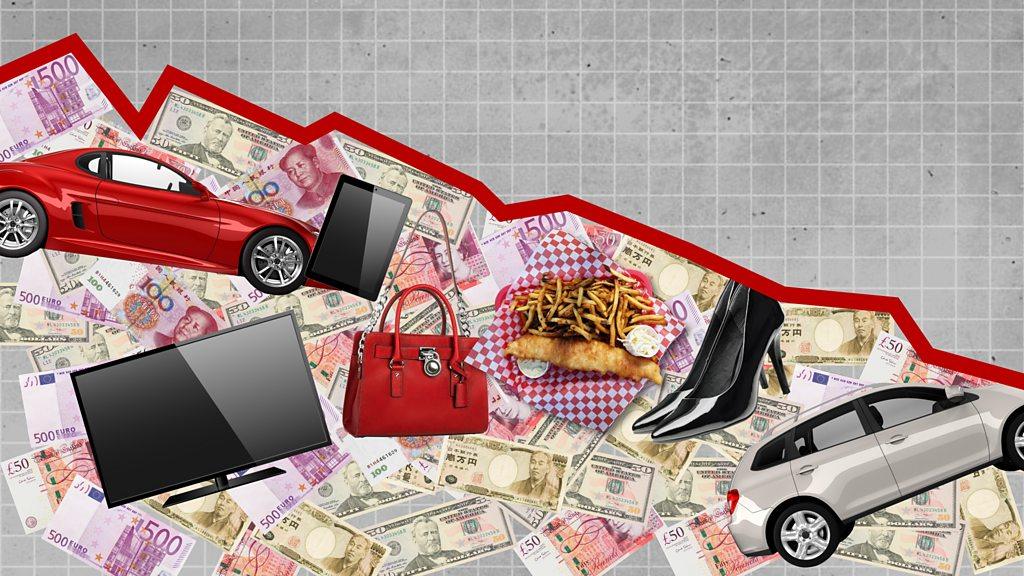Will Brexit upend the coronavirus economic rebound?
- Published
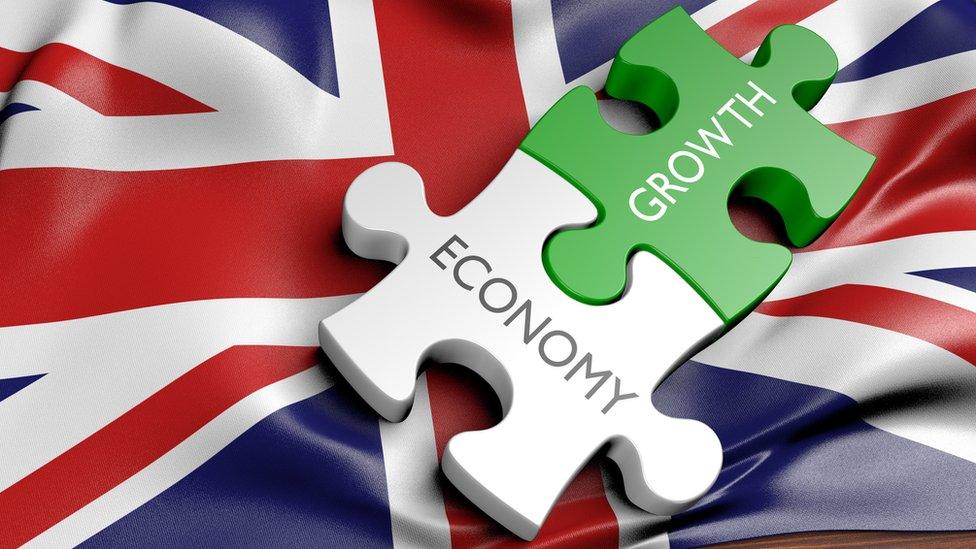
Brexvid? Covit? Brovid? A simultaneous no-trade deal Brexit and ongoing coronavirus pandemic are now clearly possible and - however the prospect is to be described - both will have noteworthy economic consequences.
In many sectors, the economic impacts of these two trade shocks could build on each other.
Cabinet ministers had privately hoped in early summer that the coronavirus crisis backdrop would help make post-Brexit trade discussions easier.
European ministers had acknowledged that the economic consequences of the pandemic, with a temporary loss of 10-20% of the economy, had put the smaller shock of a new set of border trading arrangements into context.
That reading appears optimistic right now. The EU has compromised a little bit over its negotiation red lines, especially on state aid, but that is yet to open up a clear path to a deal.
So a no-trade deal at the end of the year is an immediate challenge at a time when the UK, Europe and the global economy is grappling with a pandemic.
The Treasury has avoided producing a public assessment of the overall short-term economic effect.
But the impact against a backdrop of the pandemic, in particular sectors, has been quietly acknowledged by the government in preparatory papers.
In August, the government wrote a letter to the pharmaceuticals industry asking it to "stockpile to a target level of six weeks' total stock on UK soil" of certain drugs and devices, as part of plans for the end of the transition period, while "recognising that global supply chains are under significant pressure, exacerbated by recent events with Covid-19".
Last week the government quietly enacted legislation to fast track special development planning permission for border and customs controls facilities - basically lorry parks - in 29 English council areas with sea ports and airports.
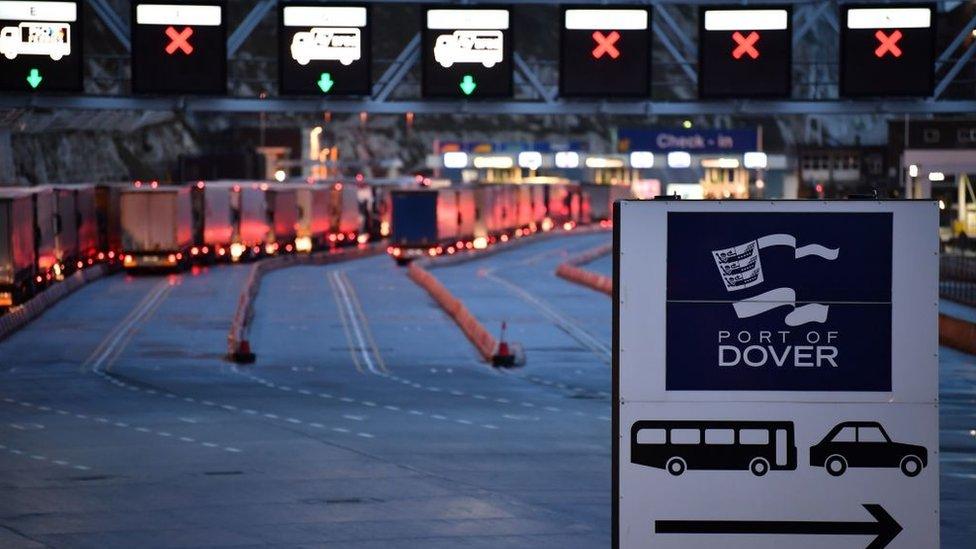
How will leaving the EU impact customs infrastructure and border checks?
The main reason offered was that there was "limited space" at ports serving EU markets, which have for decades in the customs union and single market, required no checks at all.
That has been obvious for years, but the government specifically referenced that it was "aware that the impact of coronavirus may have affected the ability of port operators and businesses to provide the necessary infrastructure by the end of the year".
If the ports most exposed to a change in border trade have understandably been distracted by Covid-19 and not been able to invest to cope with changes, it's going to be a endemic problem across the economy in other sectors.
Some, especially smaller business exporters, will not have the working capital to invest in new procedures and staff, after this year.
Are we prepared for when the transition period ends?
While it is not possible to put precise numbers on it, a raft of new trade taxes applying to a market that accounts for just under half of a country's total trade is always going to be an economic shock.
This will disproportionately be felt in sectors and regions most reliant on exports to the EU. Tariffs will obviously hinder any business model built on the UK as an export hub to the rest of Europe.
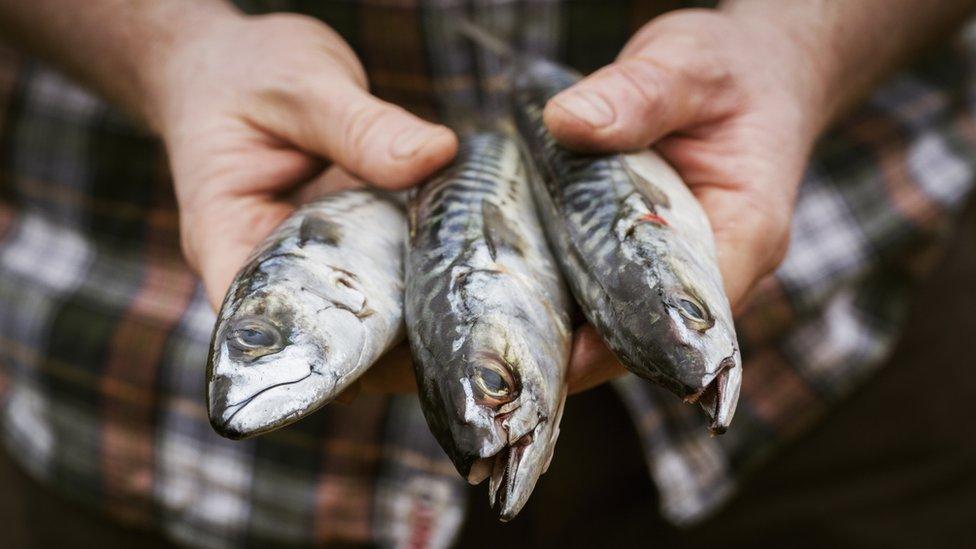
The UK could catch more fish but it may also face higher tariffs on trade
Prime Minister Boris Johnson is citing fishing as a clear example of why what he calls an Australian-style arrangement with the EU - without a formal deal - would be "good".
It is certainly true that the domestic catch of, for example, mackerel, would shoot up.
But whatever is caught in UK waters will need a market, and what is in our waters tends to be exported, and would face a 20% tariff into the EU without a deal.
New trade deals with the likes of the US could also be good for growth, but signing a proper free trade agreement there is not going to be possible by year-end, say insiders.
More generally, the growth and jobs benefits of lighter regulation would take some time to see, so timing matters too.
The best way to alleviate the trade shock is to properly plan for it as early as possible. Perhaps that underpins the new "38-day deadline" for a deal.
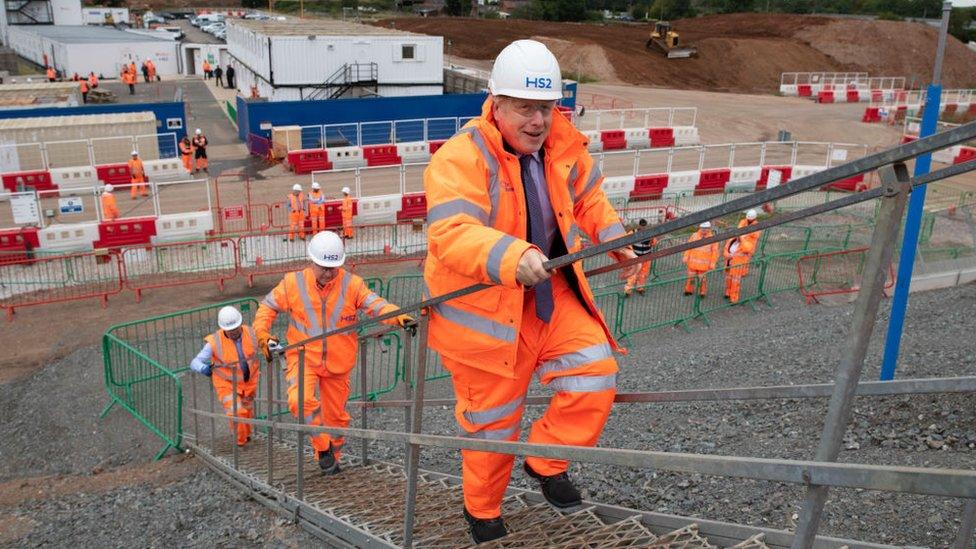
Boris Johnson is in favour of an "Australian-style" arrangement with the EU
The government internally has long believed that dragging out negotiations until November is the last thing that would be wanted, that businesses need to know "one way or the other" what to plan for in January.
But this is still relatively late in the day, and the pandemic means that some businesses simply do not have the financial firepower to make these changes.
Indeed, some technical changes to for example, labelling, are already proving challenging, which leaves a considerable burden of adjustment on to the government.
Some post-Brexit resources used up
Going for a no-trade deal, will change the shape of the upcoming Budget, and spending review. Yet this comes at a time when some of the economic ammunition to deal with post-Brexit challenges has been used in the pandemic.
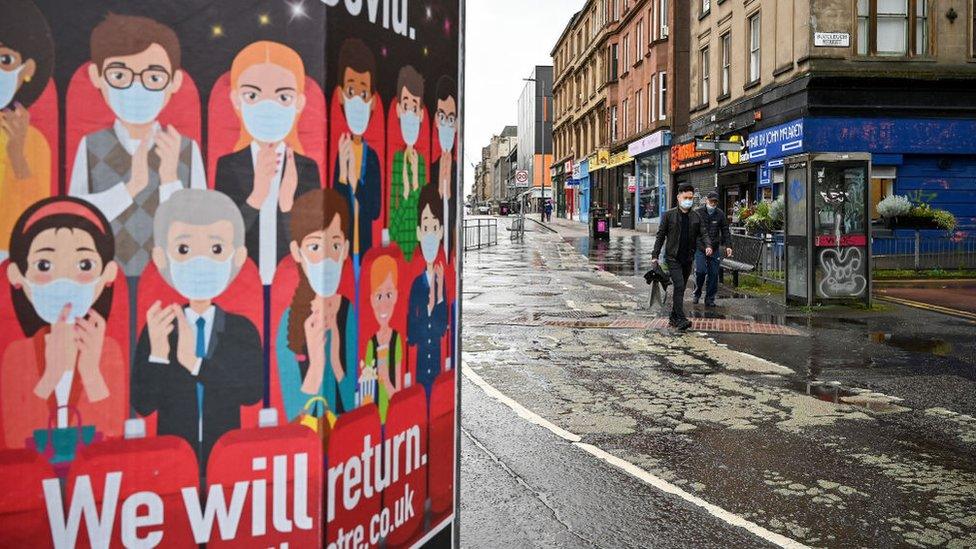
"After Covid, we will return" says a poster in Scotland, but has the government used up its post-Brexit resources on the pandemic?
Interest rates are already at rock bottom and the Exchequer has never borrowed so much, with public debt now more that 100% of the size of the economy.
Having spent the same on Brexit preparations overall - £8bn - as was spent in some individual months of the furlough scheme, there will be significant pressure to help affected industries and regions.
The coronavirus crisis was a shock to supply and then an extraordinary shock to demand to control it.
The UK is officially in recession, but actually, right now probably growing like never before, rebounding from the lockdown lows.
Adding a shock to trade terms too, just as the recovery might be taking hold, is going to be a considerable economic challenge for both the UK and the EU.
- Published12 August 2020
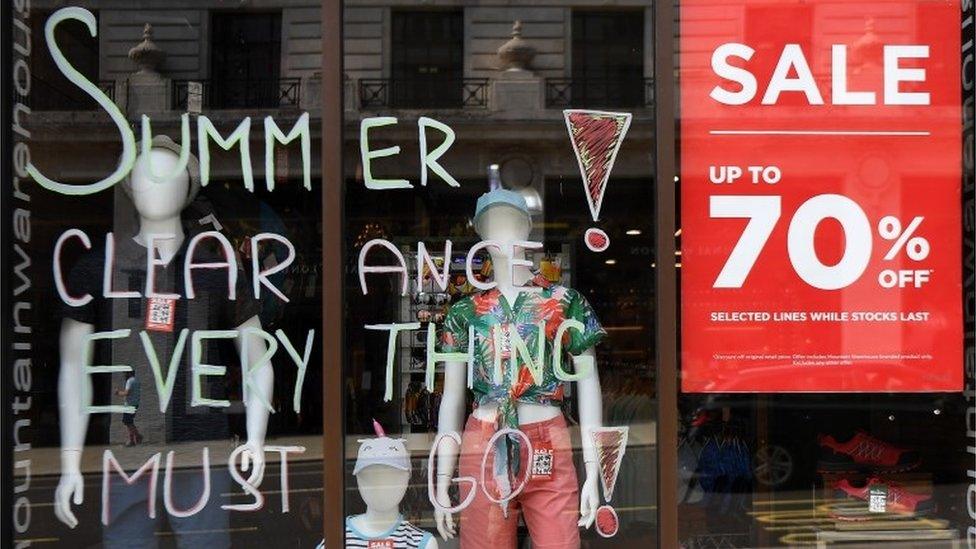
- Published12 August 2020

- Published10 May 2024
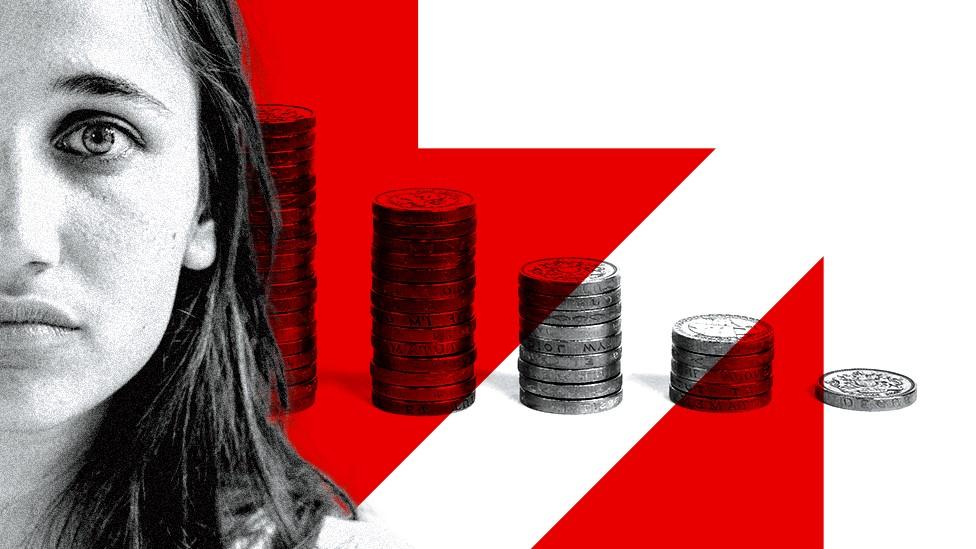
- Published12 August 2020
